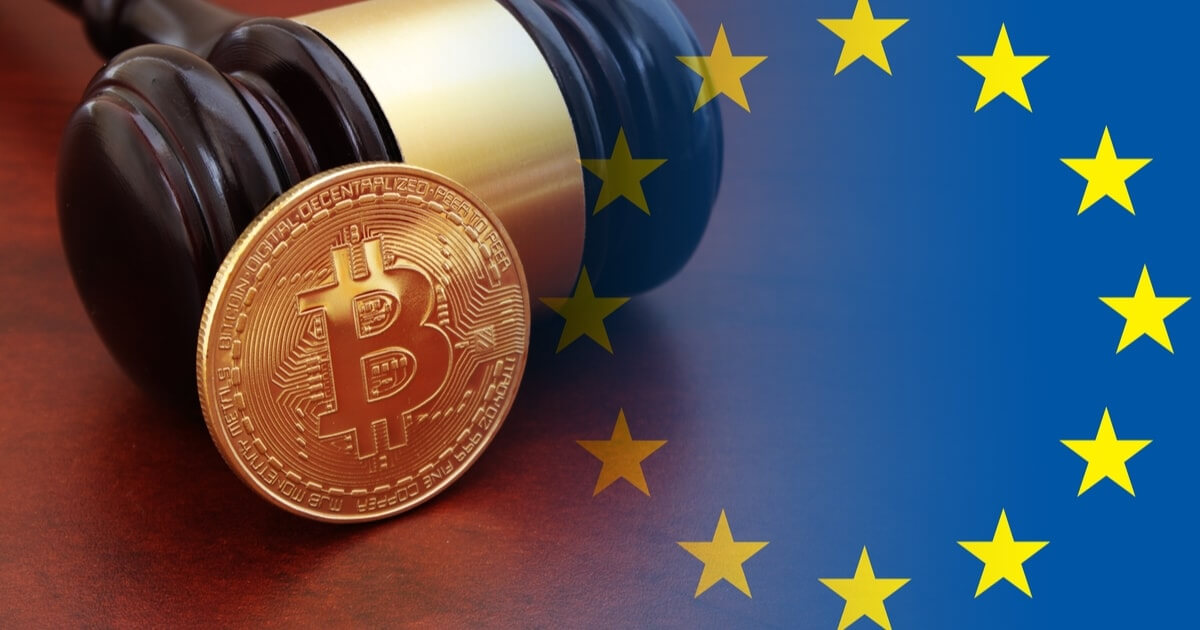The European Union will closely scrutinize AliExpress and LinkedIn’s compliance with the Digital Services Act, coinciding with parliamentary approval of the Artificial Intelligence Act.
Two important developments have emerged in Europe’s digital landscape. The European Union (EU) has launched an investigation into whether e-commerce platform AliExpress and professional networking site LinkedIn are complying with the newly implemented Digital Services Act (DSA). At the same time, the European Parliament approved the much-anticipated Artificial Intelligence Act to mitigate risks associated with AI technology and ensure user safety.
AliExpress, a subsidiary of Chinese e-commerce giant Alibaba, and LinkedIn, owned by Microsoft, are under EU scrutiny to ensure compliance with the DSA. The DSA is part of a comprehensive regulatory package introduced by the EU to ensure a safer digital space where users’ fundamental rights are protected and to establish a level playing field for businesses. These investigations determine whether the company meets the rigorous standards of transparency and user protection required by law.
The Digital Services Act, which has significant implications for digital service providers operating within the EU, sets out clear guidelines for the removal of illegal content, protects users’ fundamental rights online and makes platforms more transparent about their algorithms and content moderation processes. It is mandatory to do so. Failure to comply with the DSA can result in hefty fines of up to 6% of a company’s global annual turnover.
At the same time, the European Parliament’s approval of the Artificial Intelligence Act is an important step in the region’s efforts to set global standards for AI. This bill is a comprehensive attempt to address the ethical and safety issues arising from AI technology. Classifies AI applications based on risks to civil rights and safety and outlines requirements and prohibitions for high-risk use. For example, the law is intended to ban certain AI practices deemed too risky, such as real-time biometric identification systems in public places.
Both of these moves reflect the EU’s proactive stance in shaping the future of digital governance and its commitment to protecting consumers in an increasingly digital economy. The implications of these regulatory actions are far-reaching, impacting global technology giants and shaping the development and deployment of AI technologies.
Through the AI Act, Europe is positioning itself as a leader in the ethical use of AI and encouraging innovation while prioritizing trust and safety. This is a delicate balance between promoting technological progress and protecting social values, and the EU appears determined to achieve it.
These investigations and legislative developments highlight the need for international technology companies to navigate Europe’s complex regulatory environment. As the digital economy continues to develop, regulatory compliance will become a key focus for companies looking to operate within the EU.
The unfolding events surrounding the DSA and AI Act will undoubtedly have a significant impact on the technology industry, potentially setting a precedent that other countries seeking a safe and equitable digital future can follow.
Image source: Shutterstock

